What Is Wrongful Termination? A Guide for Georgia Employers
What Is Wrongful Termination? A Guide for Georgia Employers
Terminating an employee is one of the most difficult and sensitive decisions a business can face. While Georgia is an "at-will" employment state, that doesn’t mean terminations are without legal risk. If handled improperly, a firing could lead to claims of wrongful termination, bringing costly legal consequences and reputational damage.
At DHDuerr Law LLC, we help businesses throughout Georgia understand what wrongful termination really means—and how to avoid it through clear policies, fair processes, and legally sound decision-making.
What Does “At-Will” Employment Mean in Georgia?
Georgia follows the at-will employment doctrine, which means employers may terminate employees at any time, for any reason—or no reason at all—as long as the reason isn’t unlawful. Similarly, employees may leave at any time without notice or cause.
However, there are critical exceptions to this rule. Terminating an employee for an unlawful reason—such as discrimination, retaliation, or violation of a contract—can lead to a wrongful termination claim.
Common Grounds for Wrongful Termination Claims
Even under at-will rules, certain firings may be challenged in court or before agencies like the Equal Employment Opportunity Commission (EEOC). Here are some of the most common scenarios:
1. Discrimination
Firing an employee based on race, color, religion, sex (including pregnancy or gender identity), national origin, age (40+), disability, or genetic information violates federal and state laws. Even if discriminatory intent was not the employer's goal, perception and documentation matter.
2. Retaliation
Employers cannot terminate employees for asserting their legal rights, such as:
- Reporting harassment or discrimination
- Filing a workers' compensation claim
- Participating in an investigation
- Taking legally protected leave (e.g., FMLA)
Terminations that follow such activity closely in time are often subject to heightened legal scrutiny.
3. Violation of an Employment Contract
If there is a written contract or collective bargaining agreement that outlines conditions for termination, firing an employee outside of those terms may constitute a breach and trigger liability.
4. Public Policy Violations
An employer may not fire someone for reasons that violate public policy. For example, terminating an employee for serving on a jury, reporting safety violations, or refusing to commit an illegal act may be considered wrongful.
Why Wrongful Termination Claims Are Costly
These claims can trigger:
- Lawsuits and government investigations
- Monetary damages (including back pay, front pay, and punitive damages)
- Damage to brand reputation
- Internal morale problems and operational disruption
Even if a claim is eventually dismissed, the process of defending your business can consume time, resources, and focus.
How Employers Can Reduce Their Legal Risk
Proactive measures make all the difference. Here are some best practices we recommend:
- Maintain thorough documentation of performance issues, warnings, and termination rationale.
- Train managers and HR personnel to follow consistent, fair, and compliant procedures.
- Update employee handbooks and policies to reflect current laws and expectations.
- Avoid impulsive or emotional terminations. Always consult your legal team before taking action in sensitive situations.
- Respond carefully to employee complaints to avoid triggering retaliation claims.
Work with a Law Firm That Knows Employment Defense
At DHDuerr Law LLC, we guide Georgia employers through the legal risks of hiring, managing, and terminating employees. With over 35 years of experience, attorney Douglas Duerr helps businesses take decisive, defensible action—while staying compliant with federal and state employment laws.
If your business is facing a claim, or if you're looking to reduce your legal exposure before one arises, we can help.







